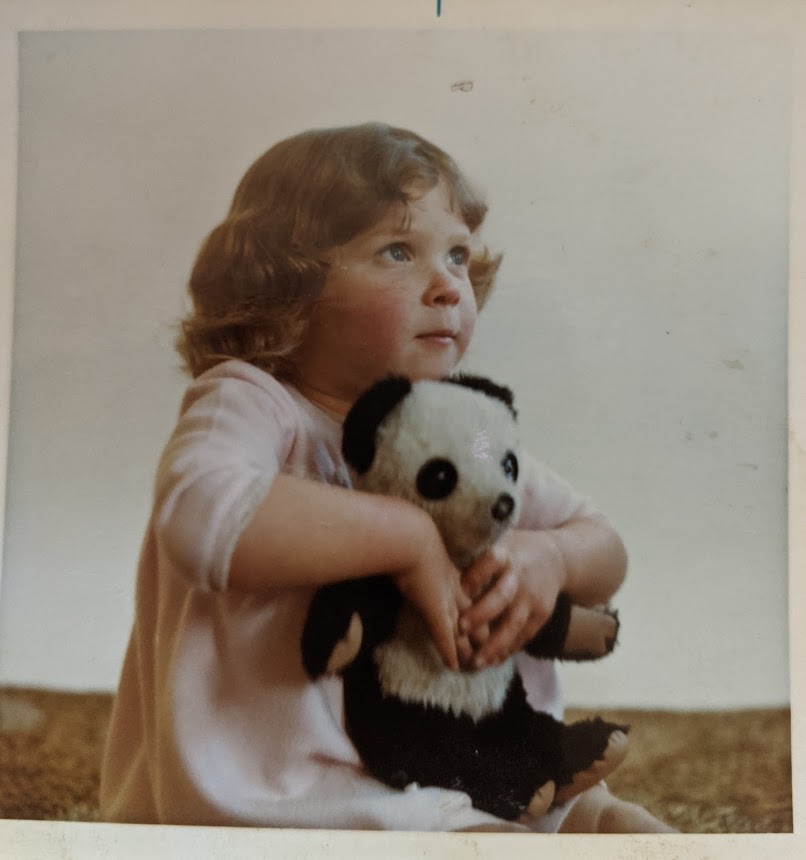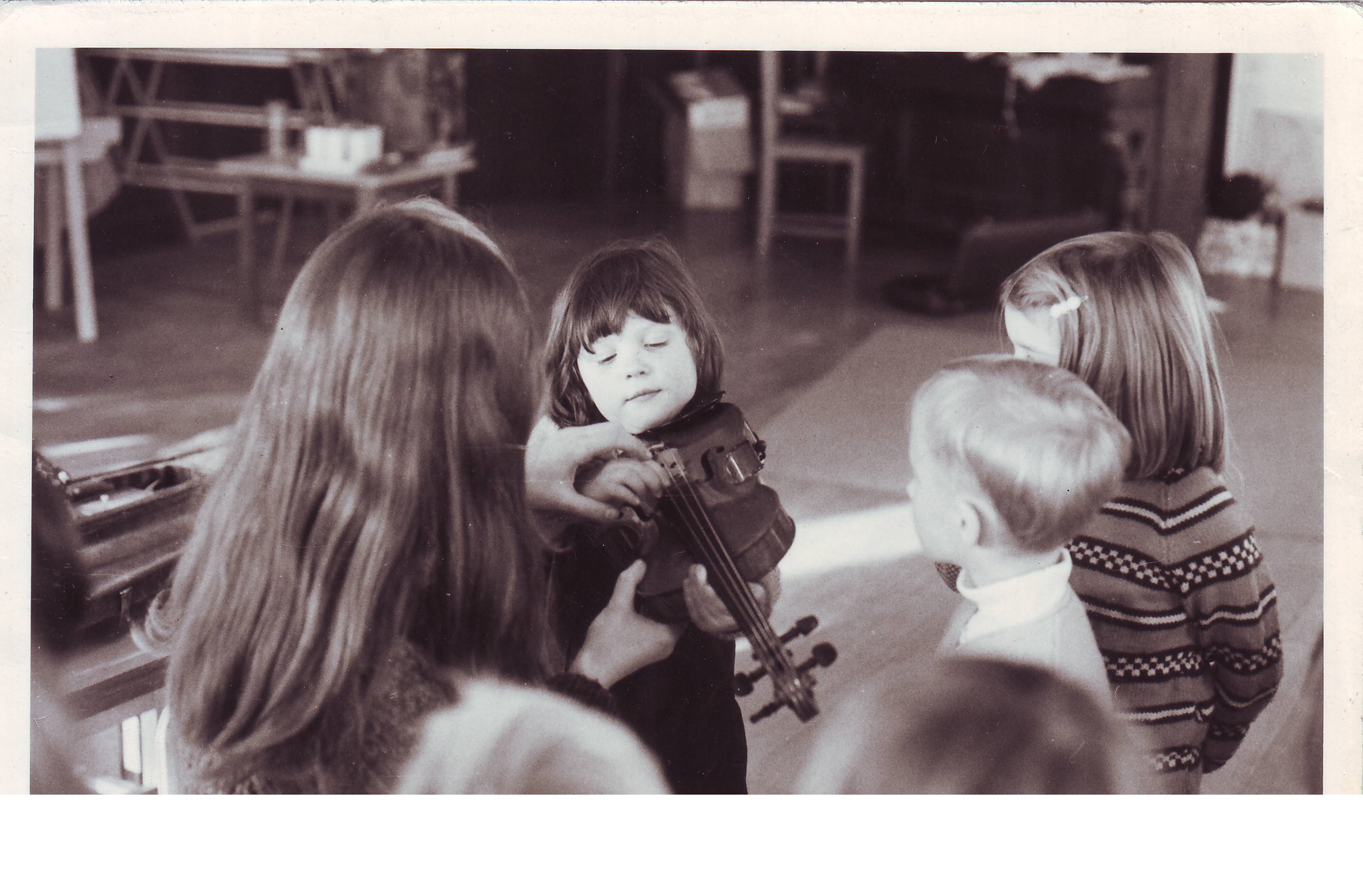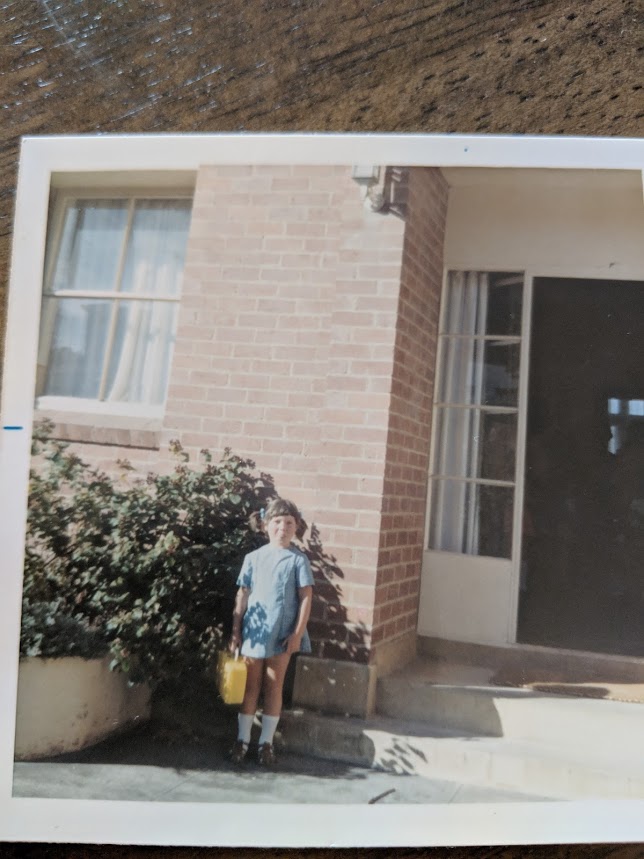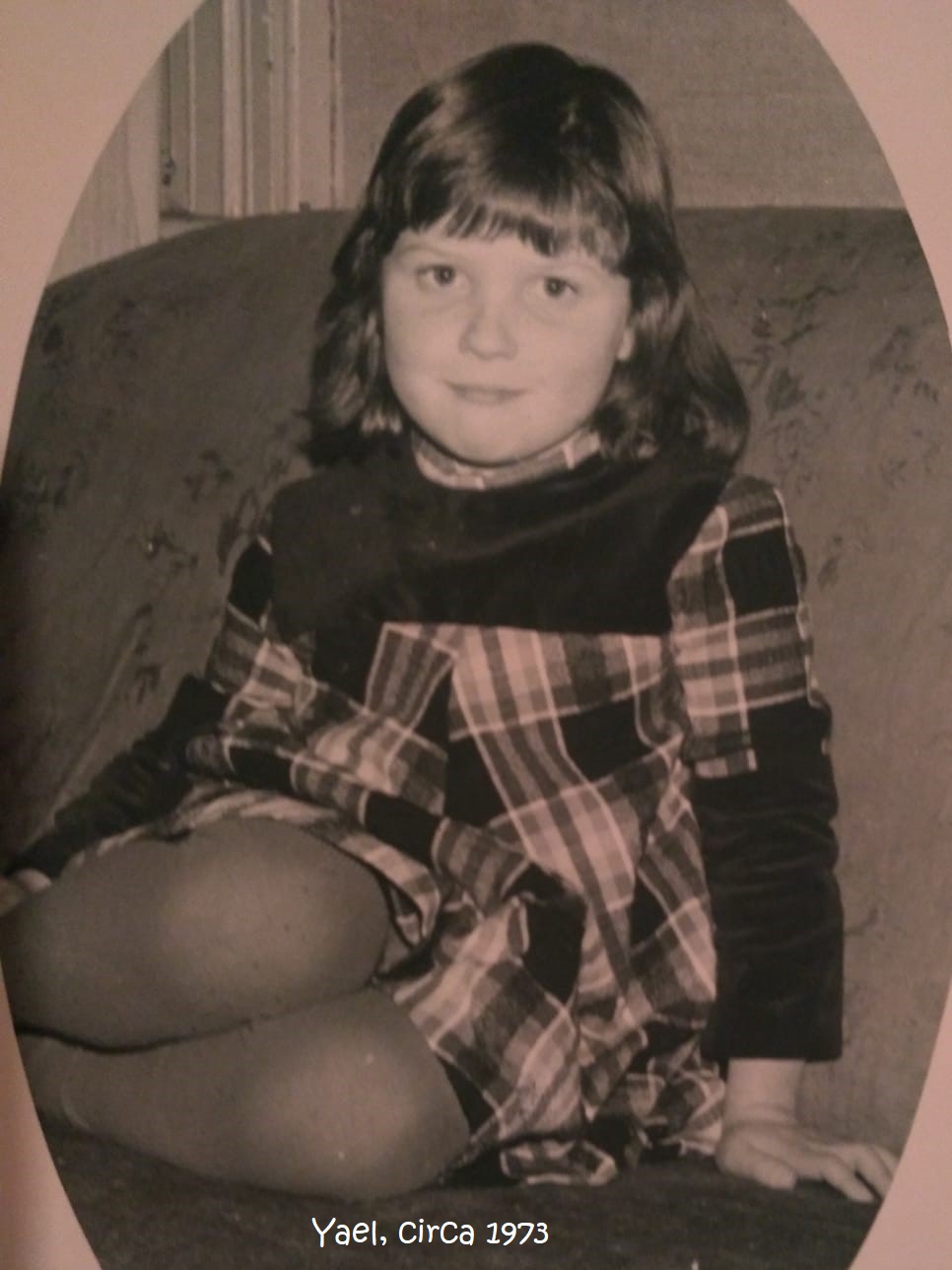I set this up to publish during Autism Acceptance Month. I chickened out of posting it. This time I am going to take the risk. (24/05/21)
Here is my personal connection to AA voices (AA=Actually Autistic). I wrote this last year for my young clients but hesitated to share it. In those short six months though, several Australian colleagues have shared their news – the same as mine- hopefully, there’s safety in numbers! I am now more confident that Australians are ready to embrace and respect neurodiversity and to recognise the strengths we bring to the professional world. I welcome kind feedback!
*********
When I was a kid, Autism was defined as a “lack of interest in people, severe impairments in communication and bizarre responses to the environment, all developing in the first 30 months of life”. Of course, we know now that this isn’t true! This definition meant that people like me were just seen as naughty, rude, and difficult. It also meant that if you were able enough, you learned to cover up your differences and to try very hard to fit in.




I just always thought there was something wrong with my personality. First, I covered it all up by being the class clown and the noisiest, most spirited cheerleader at my school. Every single school report said the same thing, “Has potential. Could do better. Delightful conversationalist.”
When I was a bit older, I covered it up (this is called “masking”) by being a perfect member of my community (or trying to be). Then, when that mask fell off because it was just too, too hard to be perfect, I went to university and studied psychology so I could understand myself and others better. It helped me understand others but not myself because STILL nothing much was known about Autism and ADHD!
The only things we learned about Autism and ADHD at university were about kids who were very disabled by their conditions and were not able to mask naturally. We were taught to “train” them and to try to “cure” them! I knew deep in my heart that this was wrong. It seemed cruel to me, to force people to change so, so much and to punish them for just being themselves. I decided never to work this way when I became a psychologist. Of course, in those days, professionals told parents that their Autistic and ADHD kids needed reward and punishment training, so no one brought their kids to me because I didn’t do that. I specialised in treating anxiety in parents and children. You can guess why I did this! It was because I had developed extreme social anxiety over all my years of trying to be “normal”. Lots of the kids who came to see me were Autistic or had ADHD. Most of the boys knew they were neurodivergent, but not many of the girls. My connection with these kids (and adults too) was always very special. We understood each other and worked really well together. I loved working with neurodivergent families but still didn’t know why! I still didn’t know that we had the same type of brain!
Then, around 2016, I realised that my own daughter was having a hard time socially. She had always been the most cheerful, friendly, and chatty girl who joined in everything at school with great spirit, but by grade five she started to struggle. Looking back on her early childhood, I can now see lots of signs of Autism, but she had lots of friends and was popular, so I never thought of Autism. She was also a very good learner. Now I know that lots of neurodivergent girls (neurodivergent just means “differently wired” in the brain) manage neurotypical life well until they reach grade 5 or 6 or high school (neurotypical means the same brain as the majority of people).
I used all my Super-Psychologist-Powers to research modern scientific information about Autism. I learned a lot. There was lots of new science. But guess where I learned the most? On the internet! The Autistic children who had been trained to act neurotypical with rewards and punishments, have grown up and they are fantastic teachers about Autism. Makes sense, actually!
So, as I researched and read everything Autistic adults had to teach, I realised that not only is my daughter neurodivergent, but I am too! It took me longer to understand that I am an ADHDer too because most people, including many professionals, still think that ADHD is about boys who are wild.
I had worked hard on my anxiety all my life. I had treated my anxiety with so many strategies that I actually masked more. I used every psychological trick I knew to make myself successful. I masked so much that I didn’t even know it wasn’t really me. I guess there are people who would say that I was proof that training is helpful. But they don’t know how exhausted I always was, how irritable I’d get when I wasn’t at work in my happy place, how I’d spend hours every day trying to “fix” myself and apologise for every mistake I’d made.
I had been to psychologists for help too, and none of them ever mentioned Autism or ADHD to me. I had so many explanations for my anxiety. Some of the explanations were useful because being neurodivergent doesn’t explain everything, but it was the missing bit of information to make it all make sense. I finally understood why so many of life’s challenges were super hard for me to overcome. I finally understood why I read so many psychology textbooks and articles; I was trying to learn how to be a neurotypical person!
I had learned how to manage my anxiety and I had created a lifestyle that matched my personal needs. I knew I wasn’t built to work in a big organisation or a very noisy, social place. I knew I couldn’t work 9-5 five days a week. So, I worked for myself, alone in my beautifully coloured room (my favourite colour in the world is burnt orange!) with pretty, scented candles, and my books and knick-knacks. I was in my happy place. Without knowing it, I had figured out how to live a good neurodivergent life!
The last bit I needed was to understand my ADHD. Being “ditsy”, impulsive, excitable, hyper, and other “fun” difficulties still made me feel anxious. It’s hard to run a business alone when you have trouble with organisation. Thank goodness for my receptionists and very forgiving, flexible clients!
I am so excited now. This generation of neurodivergent children won’t suffer as I did. Don’t get me wrong, being neurodivergent in a neurotypical world is still hard. It really is. But these kids won’t grow up blaming themselves. These kids will have parents and teachers who are so much better educated and understanding about their needs.
I am one of the lucky ones. I was raised in a community that valued education and I was able to succeed academically. I have a husband who gives the exact support that I need as a neurodivergent person. I have a job that is a daily deep-dive into my special interest area and a perfect match for the deep empathy I physically feel when others are in pain (I now know this is an Autistic trait). I am also lucky because I work with families and schools and I can make a difference. I am excited that this generation of neurodivergent kids, and their parents, can face the future armed with knowledge and acceptance.
I want to help parents and kids find what their unique family needs. I want to help them find people who share their experiences. I want kids to find friends who like what they like and think the way they think. We can plan our home lives, school environment, and work-life, to be designed for people like us. I am positive that there are way more of us than we know yet. Let’s make this a world that is neurodivergent-friendly. Everyone, neurodivergent AND neurotypical will benefit from that!